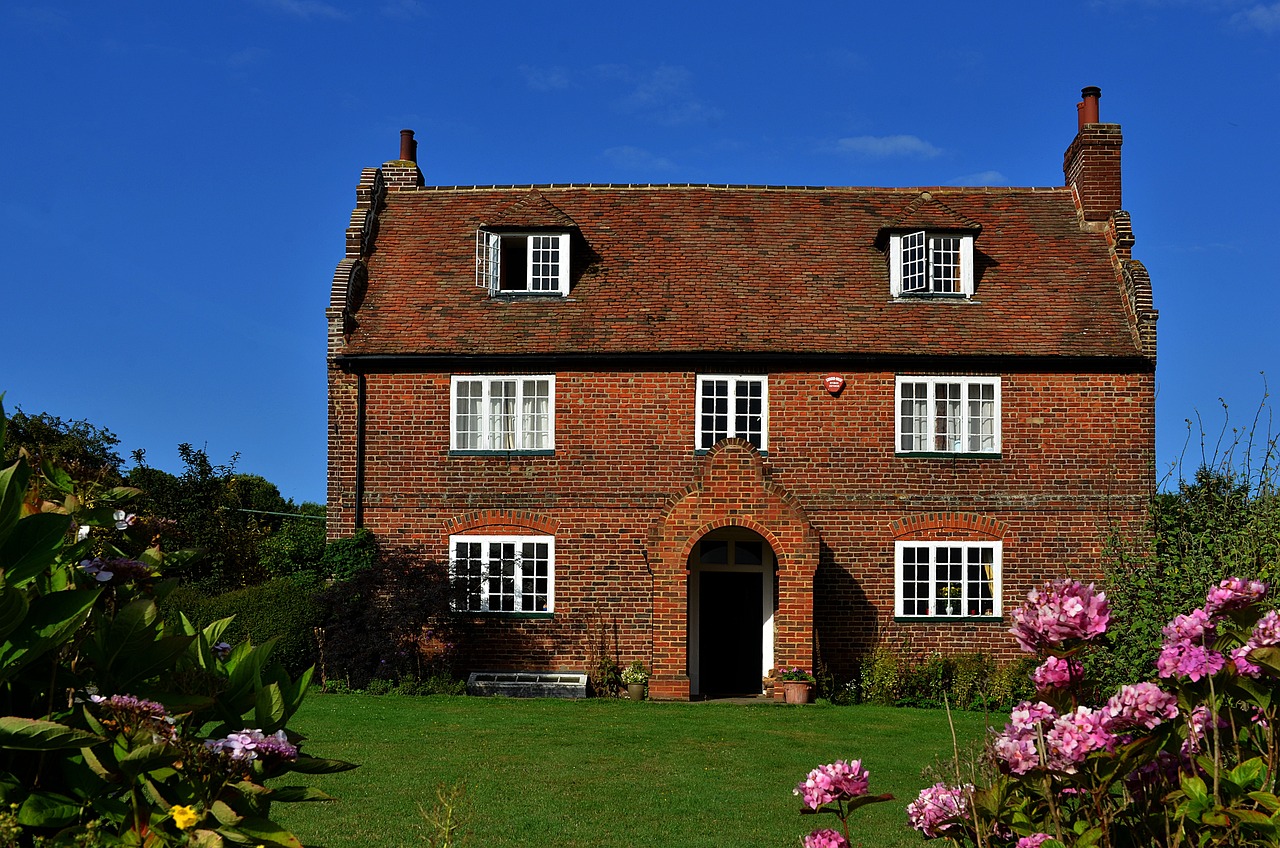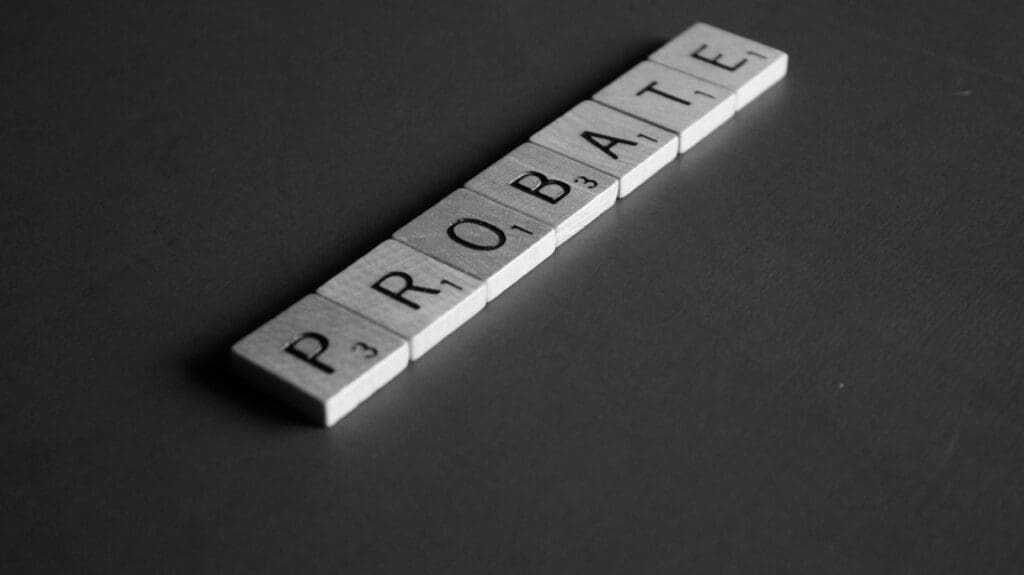Do You Pay Inheritance Tax on a House?

Estimated reading time 6 minutes
Inheritance tax on property can appear complex, but understanding its intricacies is crucial. We delve into who is liable to pay it, the timing of payments, and the updated regulations regarding the main residence nil-rate band. Let's break it down for you.
Do I pay inheritance tax on my home?
Inheritance tax applies to all assets (known as an estate) when you pass away. Since the introduction of an additional allowance in 2017, a couple can now give a property valued at up to £1 million without incurring any inheritance tax. The permissible amount you can transfer is determined by the extent of your estate and the beneficiaries – continue reading to learn more.
What is inheritance tax?
Inheritance tax is a tax imposed on the estate (the total value of money and property) of a person who has died. The tax is levied on the portion of an estate that exceeds a certain threshold, known as the "nil-rate band" or "tax-free allowance."
The current threshold is £325,000 per person. This is known as the nil-rate band. Inheritance tax is payable if the value of the estate is over this threshold. However, there are additional allowances and exemptions, such as the main residence nil-rate band, which can increase the amount that can be passed on tax-free, especially for property owners.
The rate of inheritance tax can vary depending on the value of the estate and the relationship between the deceased and the beneficiaries. For instance, spouses and civil partners usually have a higher tax-free allowance compared to other beneficiaries.
Inheritance tax thresholds and rates 2024/2025
In the 2024/2025 tax year, everyone has a tax-free inheritance tax allowance of £325,000, as previously mentioned.
If an estate is below £325,000, then it sits in the “nil-rate band” and no tax is payable.
However, if the value of your estate is above £325,000, everything above that threshold is subject to inheritance tax rate of 40%. However, this percentage is lowered to 36% if 10% or more of the estate is donated to charity.
As a basic example, if an individual dies and an estate worth £800,000 is left, then remaining £475,000 above the threshold will be subject to inheritance tax. Therefore, any beneficiaries would have to pay 40% of the £475,000 - £190,000. The inheritance left would be £610,000.
Does a spouse pay inheritance tax?
If your spouse or civil partner has passed away you will not have to pay inheritance tax. Furthermore, you will also inherit your partner’s unused nil-rate band – more on this later.
It's important to note that while spouses typically enjoy favourable inheritance tax treatment, there may still be tax implications if the estate exceeds certain thresholds or if assets are left to other beneficiaries. It’s always advisable to consult with a tax advisor or legal professional to understand the specific rules and implications regarding your inheritance.
Direct descendants and inheritance tax
As we have discussed, inheriting property as a spouse or civil partner means no inheritance tax needs to be paid. Inheritance tax will need to be paid by anyone else, including children and grandchildren. However, you might be able to raise the threshold for inheritance tax liability by leaving assets to direct descendants, thanks to the 'Residence nil-rate band'.
Residence nil-rate band 2024/2025
The RNRB was introduced to help homeowners reduce the inheritance tax liability on their estate, particularly for those who wish to pass on their family home to their children or grandchildren. This is an additional property allowance of £175,000 for the tax year 2024/2025.
This means the threshold is pushed to £500,000 (£325,000 threshold plus the extra £175,000) for direct descendants.
The residence nil-rate band can only apply to one home.
Can married couples transfer the residence nil-rate band?
As previously touched upon, spouses and civil partners will be automatically transferred any unused nil-rate band allowance. If the individual who has passed away hadn’t used any of their nil-rate band allowance, this will be passed to the remaining party.
This means a couple could pass on up to £1,000,000 without being liable for inheritance tax.
It is worth remembering that the RNRB may be tapered for estates with a net value exceeding a certain threshold. This means that for estates valued above a specified amount, the RNRB may be reduced or eliminated.
Who can inherit a property tax free?
Direct descendants doesn’t refer strictly to children and grandchildren. The RNRB applies to all direct descendants as follows:
- A child and their spouse or civil partner
- A grandchild and their spouse or civil partner
- A great grandchild and their spouse or civil partner
- Stepchildren
- Adopted children
- Foster children
- Children under guardianship at the time of passing
Nephews, nieces, siblings, and other relatives are not included.
How is inheritance tax paid?
The executor of a will is the person appointed by the deceased individual (the testator) to administer their estate after their death. They are typically in charge of arranging the payment of inheritance tax.
If the deceased person did not name an executor in their will, or if the named executor is unable or unwilling to serve, the court may appoint an administrator to handle the estate.
When is inheritance tax paid?
Inheritance tax must be paid within 6 months following a person’s passing. It may be referred to as the IHT payment deadline in official documents.
An inheritance tax return (form IHT400) must be completed and submitted to HM Revenue & Customs (HMRC) along with any necessary supporting documentation, even if no tax is due.
It's essential to seek professional advice from a solicitor or tax advisor when dealing with inheritance tax to ensure compliance with all legal requirements and to make use of any available exemptions and allowances.
Have you inherited a property?
Inheriting a house can present a multitude of decisions that may feel daunting to navigate. Apart from determining the inheritance tax liability, you may be pondering how to transfer ownership of the inherited house, how to manage an inherited house with an existing mortgage, and whether it's best to retain, lease, or sell the property.
If you’re in a position where you’d like to sell an inherited property get in touch with Bettermove today. We offer a streamlined solution to assist you in selling your inherited property hassle-free. Whether you're looking for a quick cash sale or prefer to market the property to a network of pre-approved cash buyers and investors, we have you covered. With our expertise and extensive network, we can facilitate a smooth and efficient sale process tailored to your needs. Trust Bettermove to provide you with a fair market value for your inherited property and guide you every step of the way. Let us help you navigate the complexities of selling an inherited property and ensure a straightforward transaction.



